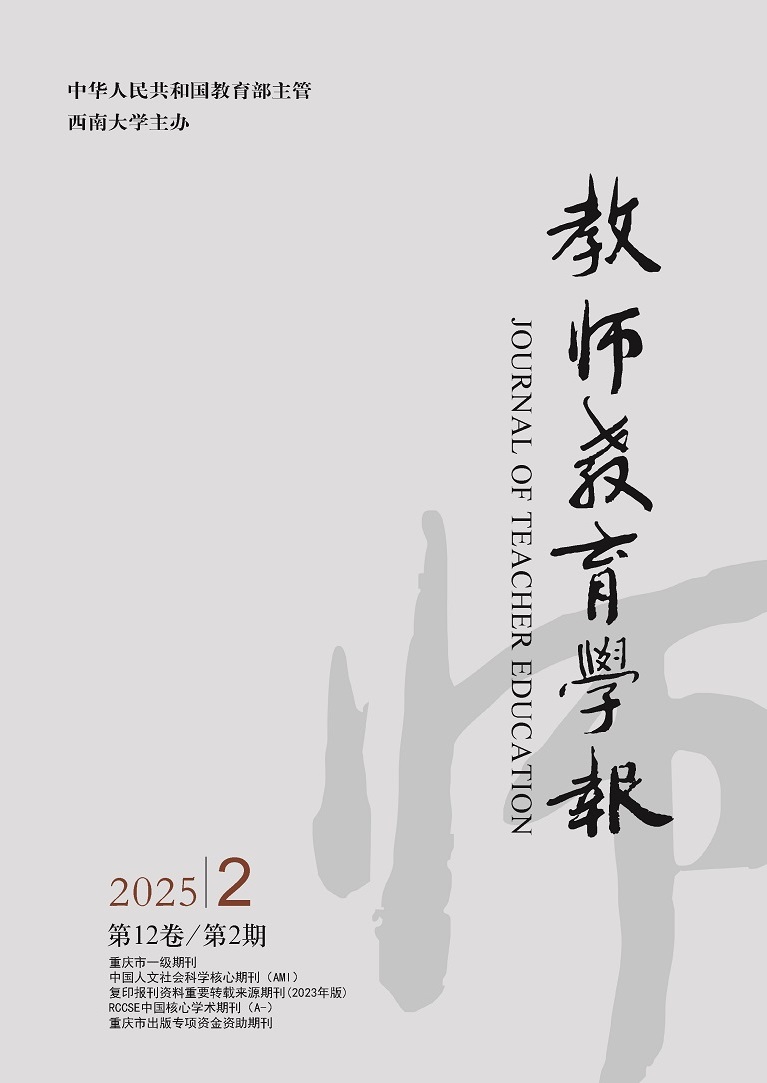Corporate Reform and Enlightenment in Japanese National Universities
- Received Date: 28/02/2018
-
Key words:
- Japanese national universities /
- corporate reform /
- triangle coordination theory /
- government supervision /
- market regulation /
- academic freedom
Abstract: Since the program of corporate reform in Japanese national universities in 2004, there have always been pros and cons of the reform from different social communities. It is complicated association between the positive and negative opinions and two important philosophical thoughts——epistemology and politics——in the higher education development. The essence of the continuing debates is that both sides want to gain more power and benefit through the bias of the triangle relationship between the government and universities. However, based on triangle-coordination theory, it is meaningless to debate between the government and universities. Therefore, the introduction of market mechanism is the purpose of the corporate reform. It can give a play to all functions, namely the three-party cooperation, the regulation and supervision of the government, the appropriate competition and adjustment of the market, the limited autonomy and academic freedom of universities so as to achieve a balanced higher education and promote a healthy, sustainable and coordinating development of higher education in China.






 DownLoad:
DownLoad: